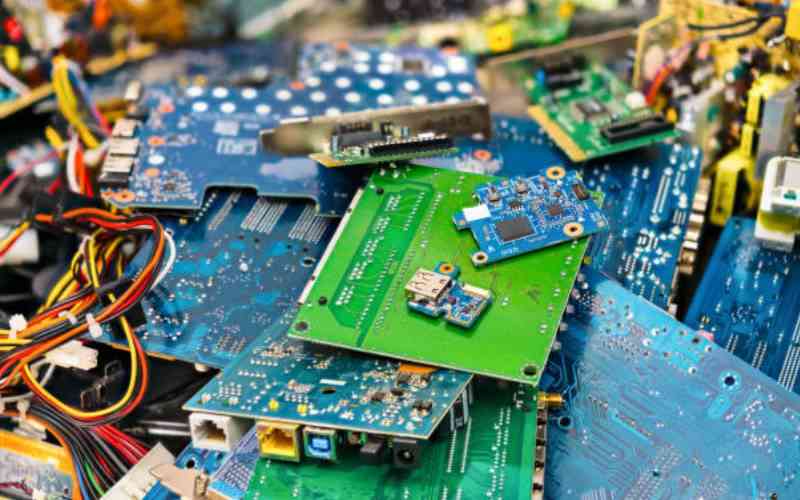×
The Standard e-Paper
Stay Informed, Even Offline

Last week's experience at the prestigious third Africa International eWaste Conference hosted by WEEE Centre in Nairobi, where I had the honour of speaking, has left my mind buzzing with excitement and ideas.
According to CK Joshua, Chairman of East Africa Device Assembly Kenya (EADAK), there are 62.9 million mobile phone devices in Kenya, and notably, the market absorbs an additional 5 million new devices annually. Bottom of FormThis means millions of phones become e-waste yearly.